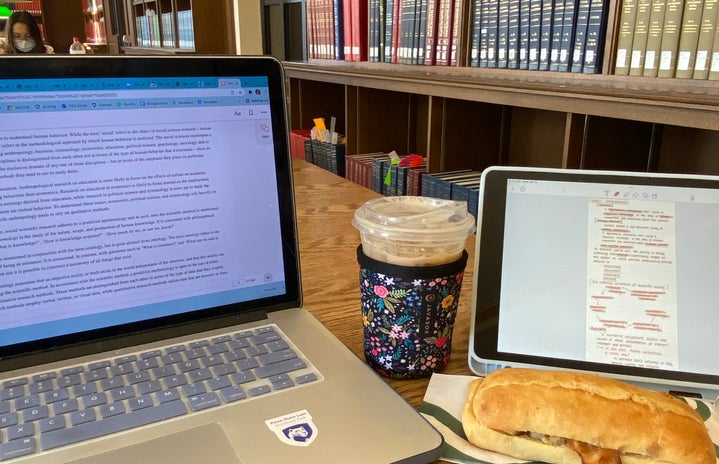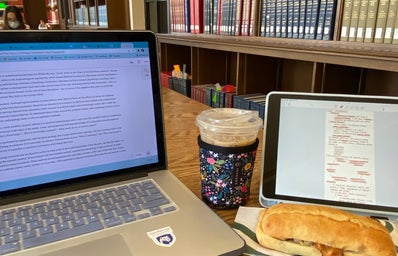As a humanities student in the age of innovation, I am consistently reminded that the path I chose is an uncommon one. Often, I am asked, “what will you do with your degree?” It’s a question which serves to expose — and possibly undermine — my purpose as a student.
Honestly, I’m not sure what I will do with my degree.
At the ripe age of 18 I chose to study English, a field which in highschool I enjoyed pursuing both in and out of school. I chose this subject out of curiosity, not in pursuit of a vocation.
However, many of my peers cannot say the same.
Penn State’s most popular majors include: information science (1,320 graduates), business (982 graduates), biology (883 graduates), psychology (814 graduates), economics (612 graduates), finance (608 graduates) and nursing (556 graduates). All of which rank among Google’s list of majors that make the most money in addition to physics, mathematics, accounting, and marketing.
Though this is a list of perfectly acceptable and admirable majors, it excludes many fields of study including humanities, history, music, philosophy and education.
One hundred years ago, the studies that existed were more general, but still included English and history as well as science and math. This change in student pursuits mirrors the change that American universities are currently undergoing.
Universities today are majorly STEM and business oriented. It’s no coincidence that these are the majors which make the most money post graduation.
Questions like “what do you want to be when you grow up?” plant the seed of fiduciary responsibility in the minds of students at a young age. This seed blossoms well before students reach the start of college, promoting one’s vocation to the center of their personality.
Education is not the only field which undergoes commodification. Karl Marx, expert economist, proclaimed that “The only connection between them [the artist and their audience] is through the market.”
Our entire world, both as students and members of society, lies under the lens of capitalism. Instead of entering college in the pursuit of further education, students now use the opportunity to gain vocational skills.
Educational value is out, monetary value is in.
Along with the loss of educational value and a variety of important subjects, this change presents numerous challenges for students and professors alike.
Students are now encouraged to forgo their education in pursuit of their occupation, something which is next to impossible to have figured out at 18 years old.
In modern university courses, professors must adjust their classroom activities in order to best accommodate the occupational pursuits of their students. A task which exists outside of their training as educators and is too narrow an ask for their broad array of students.
These challenges suggest that a change is needed amidst the academic world. Further value in society must be placed on education in order to promote the importance of learning among all students.
Something that makes education less valuable is, ironically, the amount of money spent on it. If college wasn’t so expensive, perhaps they would not be forced to get a high paying job after graduation. Maybe instead of worrying to repay loans, students would be free to study what they please.
Education’s vocational transformation has happened right under our nose. Suddenly, students grew out of their need to learn before they aged out of adolescence.
We are living in an educational epidemic.

